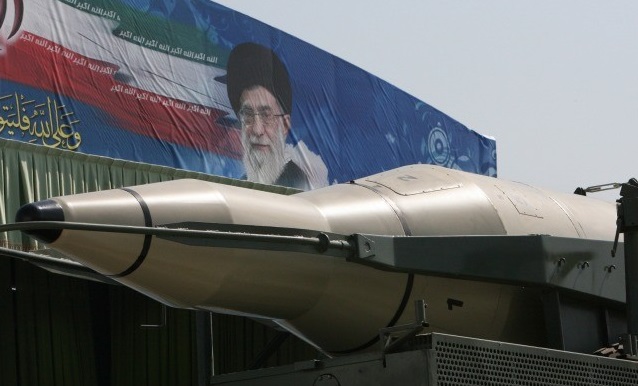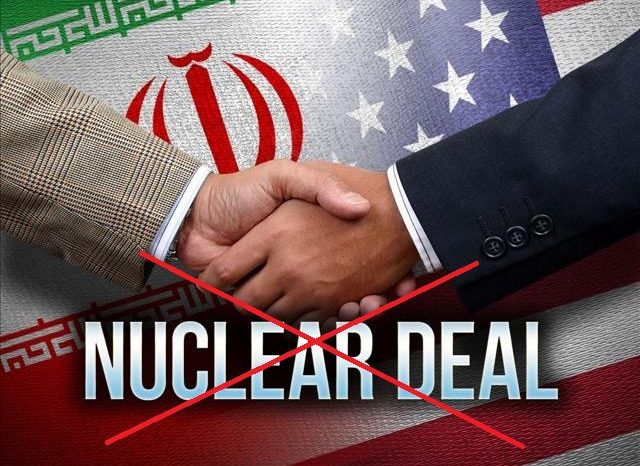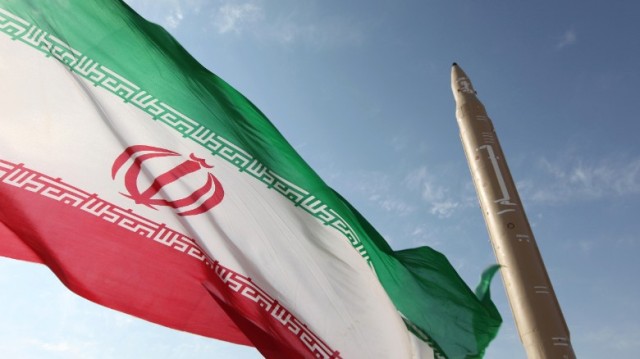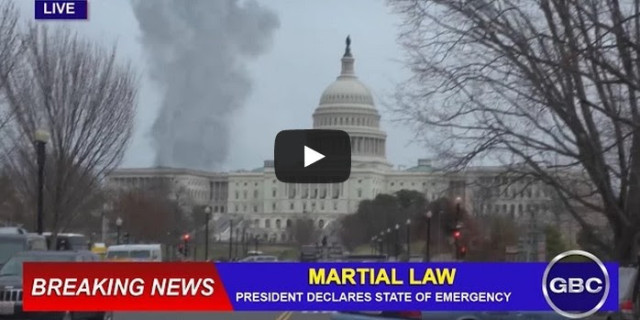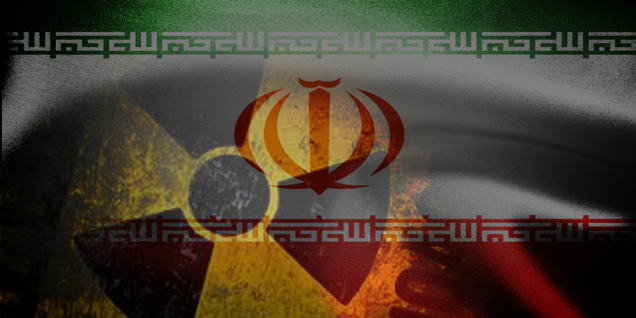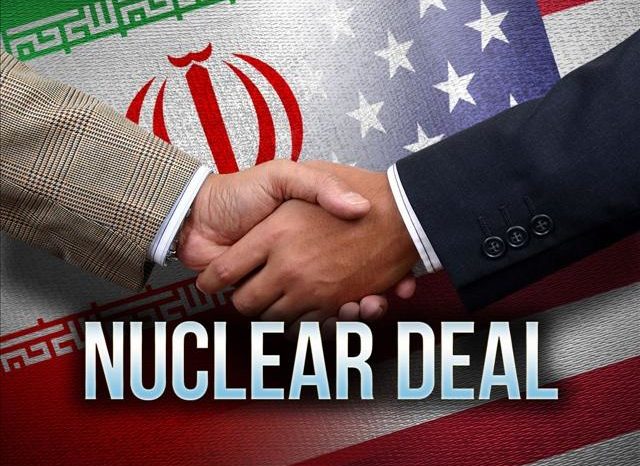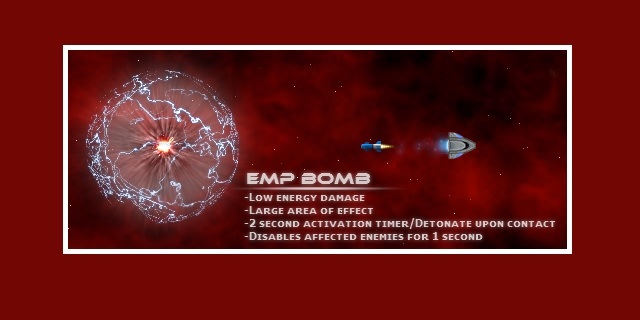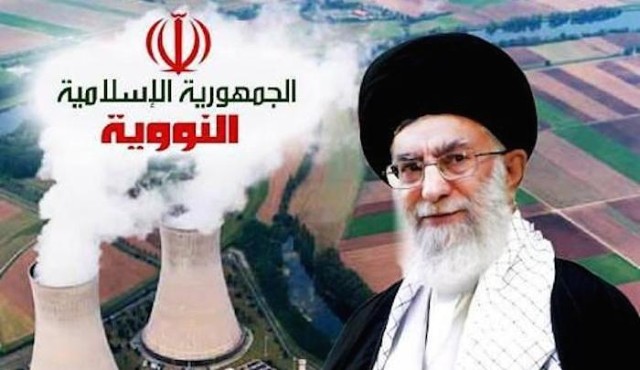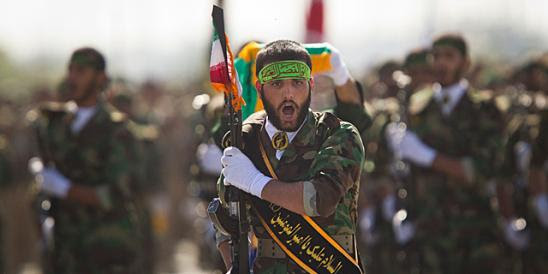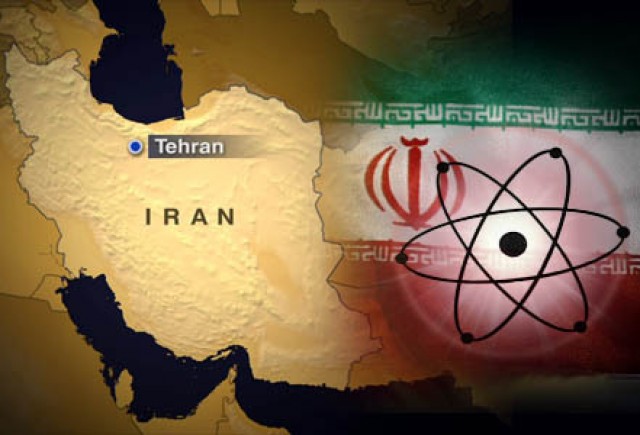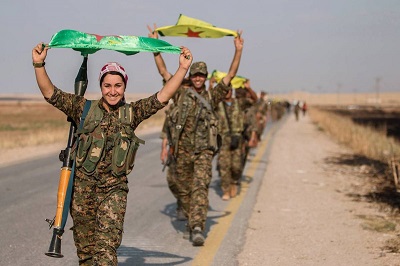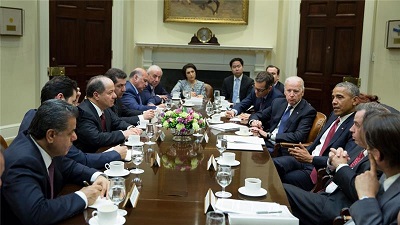It was clear on the morning of September 11, 2001, that the United States was at war with Islamic radicals, and while there may have been differences of opinion regarding strategy, there was no denying the need to defeat doctrinal terrorism. But as the U.S. became mired in foreign wars, critics questioned whether its actions were achieving the goal, and ultimately whether the goal was even justified. Voices on the left falsely claimed that Arab-Muslim extremism was an understandable response to western chauvinism, and instead of condemning terrorists for their actions, they started blaming the victims for allegedly insulting Islam.
We saw it with the Charlie Hebdo massacre, when progressive pundits blamed free expression for inciting violence instead of the ideology that sanctified the killing of “infidels,” “heretics” and “blasphemers.” Such attitudes arise from a perverse political correctness that elevates radical sensitivities over western cultural values. But how can secular apologists defer to a doctrine that repudiates liberal democratic traditions? How can they dignify claims of blasphemy against those who criticize beliefs they don’t consider sacred?
These questions were discussed at a program in Massachusetts entitled, “Freedom Isn’t Free: From the Greatest Generation to the Challenges of Today,” featuring former Deputy Assistant Secretary of Defense Frank Gaffney, former CIA Operations Officer Clare Lopez and retired Admiral James A. “Ace” Lyons, Jr., who provided insight into how such issues affect government policy.
Progressives who reflexively condemn religion in politics or any perceived trespass of faith into the affairs of state are strangely silent when the religion is Islam. Incongruously, they often discourage free speech to avoid insulting radical beliefs.
The panel agreed that such muddled thinking influences the Obama administration’s views regarding national security and foreign policy. Despite the global threat represented by ISIS, al-Qaeda, Boko Haram, Hamas and the Muslim Brotherhood, and regardless of the nuclear danger posed by the Islamic Republic of Iran, the White House has taken the dangerous road of appeasing the unappeasable. Since his first days in office, President Obama has turned American foreign policy away from its traditional allies and towards an axis of regimes committed to doctrinal totalitarianism.
He seems driven by the progressive compulsion to validate claims of Arab-Muslim victimhood while denying the extremism and anti-Semitism so common in Islamic society. Secular liberals often misrepresent Islamist aspirations by claiming that jihad means “introspection” or “inner striving,” and by denying the history of Islamic conquest in the Mideast, Asia, North Africa and Europe. They also ignore the theological motivations for persecuting non-Arabic and non-Muslim indigenous peoples, such as Copts, Yazidis and Maronites.
Lenin described western leftists as “useful idiots” for supporting communism over their own national interests; the term applies to progressives today who defend or justify Islamism. Frank Gaffney described the left-wing’s relationship with radical Islam as a “red-green alliance.”
According to Gaffney, the term “jihad” has only one meaning under Sharia, and that meaning is holy war. He said it motivated the 9/11 attacks, the 1983 bombing of the marine barracks in Beirut, the Fort Hood massacre in 2009, and the attacks on Charlie Hebdo and the Jewish market in Paris earlier this year. While not all Muslims support jihad –indeed many come to the West specifically to escape doctrinal extremism – there is no definition of the concept that preaches respect for “infidels” or their beliefs.
Those unable to engage in violent jihad, says Gaffney, are exhorted to engage in “civilizational jihad” by transforming western society from within. The process includes disseminating propaganda in public schools, promoting sharia courts over civil courts, pursuing sharia-compliant financing requirements, and using societal institutions to assist in spreading the faith. Gaffney said the existence of the “Civilizational-Jihadist Process” was confirmed in a Muslim Brotherhood documententitled, “An Explanatory Memorandum on the General Strategic Goal for the Group in North America,” which sets forth mission and strategy.
The success of this program in the West, said Gaffney, is reflected by the Organization of Islamic Cooperation’s pervasive influence in the United Nations and the establishment of Sharia compliant zones throughout Europe. This strategy is pursued in the U.S. through initiatives seeking civil recognition of sharia court jurisdiction, the circulation of educational materials produced by Islamist front organizations, legal and illegal immigration, and efforts to gain access to the White House and the security, defense and intelligence establishments.
Islamist intrusion in government (with the complicity of the left) affects national security through the adoption of policies contrary to American strategic interests, said former CIA officer Clare Lopez. Progressive-Islamist cooperation, she said, was instrumental in purging the FBI’s clandestine library of materials deemed offensive to Islam – though these materials were essential for teaching how to identify Islamist terrorists – and in depriving the military of the means to spot Islamist sympathizers within the ranks.
According to Lopez, the shielding of Islamists from scrutiny is not simply a case of political correctness run amok, but of government policy to empower the Muslim Brotherhood and support its ascendancy in the Mideast. She said this was the crux of Presidential Study Directive 11 (“PSD 11”), which reportedly called for backing the Brotherhood to force political change in the Mideast and North Africa. Leaks from this classifieddocument suggest the administration supported the Brotherhood and related groups when they toppled governments in Egypt, Tunisia and Libya, she explained.
This policy produced disastrous consequences across the region, said Lopez, observing that “the outcomes [were] chaotic … shortsighted and ignorant.” These would have been egregious if only caused by negligence. However, the uprisings misleadingly dubbed the democratic “Arab Spring” were ignited by a strategy that in itself “wasn’t error [but] policy,” she said. These policy failures were especially glaring after the attack on the U.S. Consulate in Benghazi on September 11, 2012.
Lopez and the panel believe the Benghazi attack resulted from the administration’s support of militias linked to the Muslim Brotherhood and al-Qaeda in their quest to overthrow Muammar Qaddafi (and also the governments in Egypt and Tunisia). Although Qaddafi had renounced terrorism, relinquished weapons of mass destruction, submitted to nuclear inspections, and jailed terrorists released from Gitmo, Islamist opposition militias in Libya were supported with arms funneled by the U.S. through Benghazi. After he was overthrown, she said, weapons from Benghazi were redirected to anti-government militias in Syria.
During this time the Ansar al-Sharia moved near the consulate and called for attacks on Americans. Lopez explained that when Ambassador Chris Stephens requested increased security, he was denied by Hillary Clinton’s State Department because of optics; with the 2012 election approaching, the administration wanted to continue claiming it had defeated al-Qaeda and won the war on terror. Thus, despite multiple warnings of impending attack, no reinforcements were provided, the consulate was overrun and four Americans were killed. According to Admiral Lyons, there were military assets in the region that could have been deployed, but which inexplicably were not.
The White House and State Department thereafter claimed the attack was a spontaneous reaction to a video critical of Islam – although information immediately available showed it was preplanned and unrelated to the video. The ruse continued for weeks and included Mr. Obama’s statement during a “60 Minutes” interview the next day that it was “too early to know exactly how it came about” and Susan Rice’s repetition of the false video narrative during multiple television appearances.
As the administration supported Sunni militias aligned with the Brotherhood and al-Qaeda in Syria and North Africa, it pandered to Iranian Shiites around the Persian Gulf. According to Lopez, Obama’s policy was to recognize Iran as the hegemonic power in the Mideast. He thus snubbed Sunni allies like Saudi Arabia and embraced a Shiite regime that threatens those allies, condemns America as the “Great Satan,” seeks Israel’s destruction, and exports international terrorism.
The courting of extremist Sunnis on one side of the Mideast and apocalyptic Shiites on the other might seem incongruous, but Admiral Lyons sees it as consistent with the goal of fundamentally changing America. “Never in my lifetime did I think I’d ever see America taken down by our own administration,” he said, observing that challenging U.S. influence is considered a progressive virtue. Admiral Lyons believes that President Obama always intended to restructure national policy according to progressive ideals that disparage America, Israel and the West, and instead validate Islamist, Iranian and anti-western interests.
He cites as evidence the President’s use of sequestration to cut defense spending and disarm unilaterally at a time when China and Russia are growing in influence, militant Islam is on the rise, and military reductions are viewed as weakness. “We’re headed for the smallest army since [before] World War II,” he said, noting that military experts are no longer certain the U.S. could prevail in a conventional regional conflict. The question is how such fundamental changes could have occurred without significant opposition.
The answer, said the panel, lies in the pervasive acquiescence to anti-American priorities and sensibilities. Nowhere is this more apparent than in the liberal affinity for anti-blasphemy laws that contravene free speech. The U.N. periodically entertains resolutions seeking to criminalize “slander” of Islam, and these are supported by progressive governments and NGOs. Moreover, a number of European nations have enacted laws banning criticism of Islam as hate speech.
Though such laws would violate the First Amendment, many American progressives favor them as a way of curtailing “hate-speech” and encouraging diversity. Even without such laws on the books, liberals often discourage free discourse by accusing those who criticize radical Islam of Islamophobia. This attitude seems to pervade Obama’s denial of the religious basis of Islamist terrorism, and much of his Mideast policy.
The panel concluded that Obama’s policies have compromised America’s ability to defend itself and lead the world. He has spurned Israel, appeased Islamists, reduced the military, enabled Iran’s nuclear ambitions, and refused to acknowledge the existential threat of ISIS. These acts and omissions are not hallmarks of effective leadership, but of submission to a feckless worldview that has damaged U.S. power and influence to a degree that may not be easily reparable.
EDITORS NOTE: This op-ed column originally appeared in Arutz Sheva – IsraelNationalNews.com.
 We have interviewed many wonderful people on our show, “Enemies of the State,” and just a few have earned the description of “Renaissance Man.” Today we introduce you to a true Renaissance Warrior, Israel Defense Force Captain Dan Gordon (Reserve) who is both a citizen of Israel and the United States of America.
We have interviewed many wonderful people on our show, “Enemies of the State,” and just a few have earned the description of “Renaissance Man.” Today we introduce you to a true Renaissance Warrior, Israel Defense Force Captain Dan Gordon (Reserve) who is both a citizen of Israel and the United States of America.
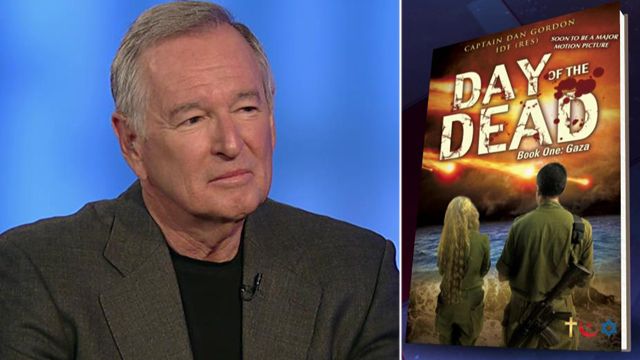

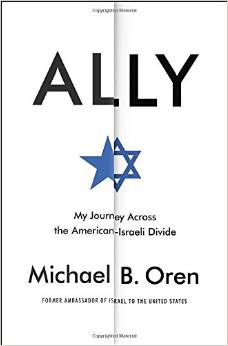 With the publication of his memoir,
With the publication of his memoir, 
